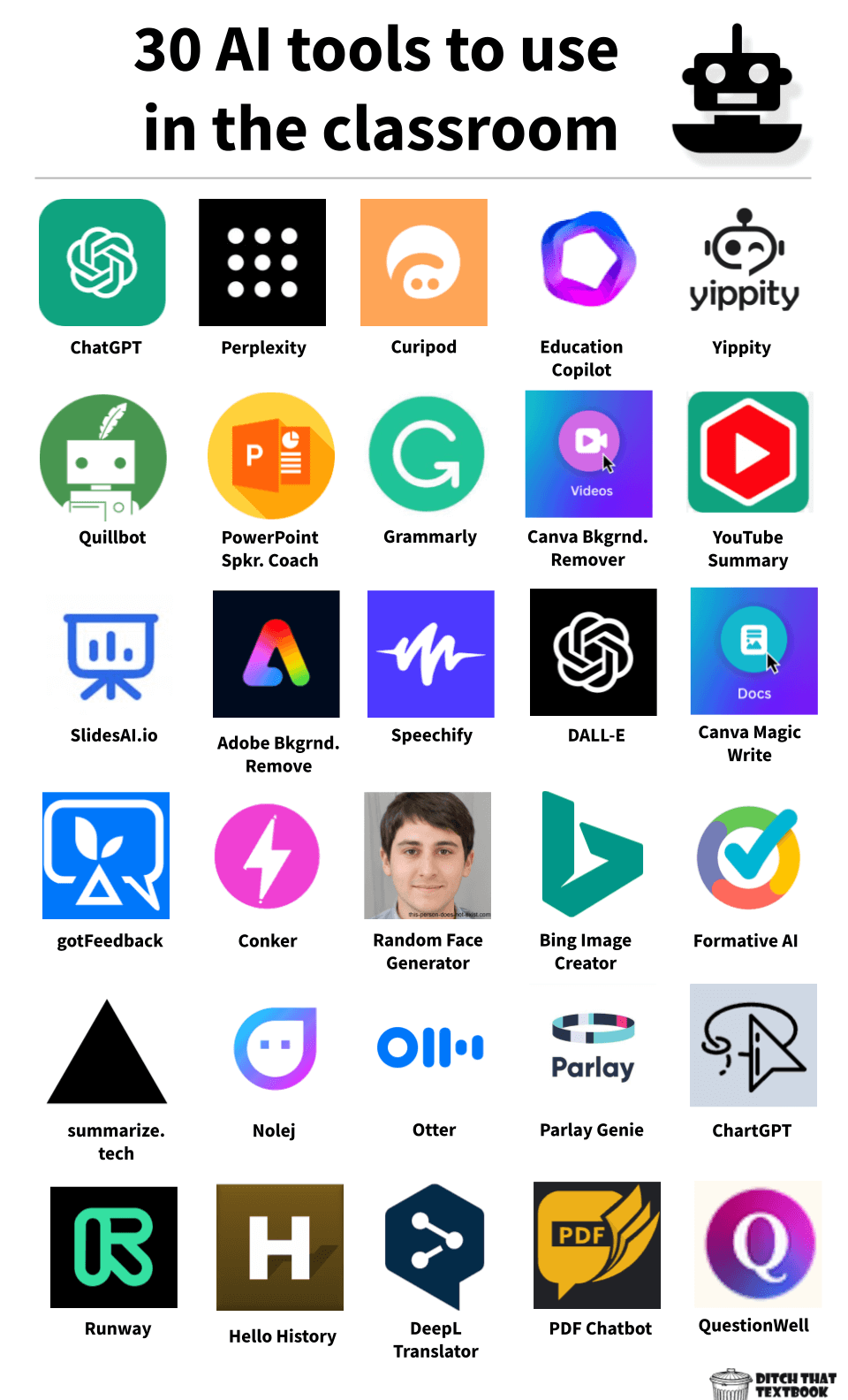In a rapidly evolving legal landscape, the need for efficiency and precision has never been more critical. One pivotal question arises: what is the best AI tool for writing legal documents? With the integration of artificial intelligence into the legal field, it is imperative for law professionals to adapt and leverage these innovative tools to enhance their workflows. This article delves into the world of AI writing tools tailored specifically for legal professionals and examines how they can transform the practice of law.
Understanding the Transformation of Legal Workflows with AI

The legal profession has always been regarded as one fraught with complexity and challenges. As such, recent advancements in AI technology are not only welcomed but essential for modern legal practices. AI writing tools are at the forefront of this transformation, allowing lawyers to streamline their tasks while maintaining a high level of accuracy.
Artificial intelligence functions by analyzing vast amounts of data and identifying patterns that can be beneficial for legal professionals. As a result, these tools aim to reduce the burden of repetitive tasks, such as document generation and legal research. Moreover, AI’s ability to provide predictive analytics and automate communication enhances overall productivity.
The widespread use of AI tools also reflects a broader trend towards digitization within the legal sector. As firms invest in technology to stay competitive, understanding the benefits and limitations of AI writing tools becomes paramount.
The Rise of Automation in Legal Document Creation
At the heart of many law firms’ operations lies the drafting of various legal documents. From contracts to briefs, the creation of these documents can consume a considerable amount of time. Automation through AI writing tools offers an effective solution to combat this issue.
AI-driven automation allows law professionals to generate legal documents quickly and accurately by using predefined templates combined with user input. This not only saves time but also reduces human errors typically associated with manual drafting. By focusing on more complex aspects of their work, lawyers can allocate their skills where they are needed most.
A significant advantage of automating document creation is the standardization that it brings. When using AI tools, firms can ensure that all documents adhere to specific formatting and content guidelines, promoting uniformity across all communications and filings. The implication of this is profound; it allows firms to maintain a consistent brand image which ultimately fosters trust with clients.
Enhancing Legal Research Capabilities
Legal research has traditionally been a painstaking and time-consuming process. However, with AI-powered tools, the landscape of legal research is changing dramatically. These advanced platforms utilize natural language processing (NLP) to sift through extensive legal databases, providing quick access to relevant case law and statutes.
The efficiency of AI in legal research cannot be overstated. It empowers lawyers to conduct comprehensive analyses without the long hours previously required. Additionally, AI tools can highlight relevant precedents and flag potential issues, offering insights that may have been overlooked in traditional research methods.
The speed and accuracy provided by AI tools present a significant competitive advantage for law firms. By minimizing the time spent on research, attorneys can dedicate more time to strategizing and interacting with clients, enhancing the overall client experience and satisfaction.
Revolutionizing Contract Review and Risk Management
Contract analysis is another area where AI writing tools shine brightly. The complexities surrounding contracts demand a meticulous approach, yet the review process can often become tedious. AI tools excel at scanning contracts to identify key clauses, provisions, and inconsistencies, often missing by the human eye.
By employing AI for contract review, lawyers can significantly reduce the time spent analyzing agreements. This efficiency translates to faster negotiations and improved risk management. For example, AI tools can detect anomalies or risks within a contract, alerting legal teams before any potential disputes arise.
Moreover, as legal professionals strive to implement risk mitigation strategies, having an AI tool capable of analyzing massive datasets provides invaluable insights. Lawyers can make informed decisions based on data-backed predictions, leading to stronger negotiation positions and improved outcomes.
Exploring the Top AI Writing Tools for Law Professionals

As the market for AI writing tools grows, several standout options have emerged that cater specifically to the needs of legal professionals. Let’s explore some of the best AI writing tools currently available and their unique offerings.
Lex Machina: A Game-Changer for Litigation Analytics
Lex Machina serves as a powerful AI-driven legal analytics platform designed to provide insights into litigation data. It utilizes machine learning algorithms to predict case outcomes and understand the behaviors of judges and opposing counsel.
What sets Lex Machina apart is its ability to supply data-driven insights that empower legal professionals to craft winning strategies. Through its automated document generation features, attorneys can streamline their workflows by producing litigation-related documents more efficiently.
Moreover, the platform’s analytics capabilities offer unparalleled visibility into the legal landscape. By leveraging Lex Machina, law firms can enhance their decision-making processes based on empirical evidence and historical performance.
ROSS Intelligence: Natural Language Processing at its Finest
ROSS Intelligence is another cutting-edge AI tool that employs natural language processing to assist legal professionals in answering complex legal questions. With access to extensive legal databases, ROSS enables lawyers to find relevant statutes and case law quickly.
One of the primary advantages of ROSS is its user-friendly interface that allows legal professionals to ask questions in plain language. This accessibility makes it easier for both seasoned lawyers and new practitioners to navigate the complexities of legal research without feeling overwhelmed.
Whether seeking answers to intricate legal inquiries or analyzing contracts, ROSS provides valuable insights that expedite the research process. The resulting speed and efficiency enable lawyers to focus on crafting strong arguments for their clients.
Kira Systems: Contract Analysis Made Easy
For corporate legal teams, Kira Systems presents an outstanding AI-driven contract analysis and extraction platform. It simplifies the contract review process by identifying relevant clauses and provisions, which can be particularly helpful when dealing with large volumes of contracts.
Kira’s recognition of key data points allows legal teams to manage contracts effectively while reducing the risk of oversight. The capacity to extract essential information from contracts positions Kira Systems as a vital tool in optimizing contract management processes.
Additionally, Kira’s risk identification feature supports proactive risk management by flagging potential liabilities or problematic clauses. This capability assists legal professionals in making informed decisions and negotiating better terms for their clients.
DoNotPay: A Multitasking Chatbot for Consumers
While primarily consumer-focused, DoNotPay showcases the versatility of AI tools in the legal space. This innovative chatbot assists users with various administrative and legal tasks, including document generation and complaint filing.
Legal professionals can benefit from DoNotPay by leveraging its capabilities to support clients with routine legal matters. By automating basic legal services, lawyers can free up time to dedicate to more complex cases. Furthermore, DoNotPay exemplifies how AI can expand access to legal resources for everyday individuals, bridging gaps in the legal system.
Grammarly and Wordtune: Elevating Legal Writing Quality
Grammarly and Wordtune are essential tools for legal professionals looking to refine their writing. As clear and concise communication is critical in law, these AI writing assistants elevate the quality of legal documents.
Grammarly focuses on grammar, punctuation, style, and tone enhancement, ensuring that legal writings are polished and professional. Its plagiarism detection feature further safeguards the integrity of legal documents.
On the other hand, Wordtune aids in rephrasing sentences and improving clarity. For legal professionals who often tackle complex concepts, the ability to communicate effectively is paramount. Both tools bolster the confidence of legal writers while enhancing the readability of their content.
Jasper.ai: A Versatile AI Content Generator
Jasper.ai stands out as a versatile AI writing assistant capable of generating diverse content types. From legal documents to marketing materials, Jasper’s advanced algorithms produce high-quality written content tailored to specific requirements.
For legal professionals, automating content creation through Jasper can alleviate the burden of producing educational materials or blog posts. This capability enables lawyers to engage with a broader audience while positioning themselves as thought leaders in their fields.
The integration of Jasper.ai within a law firm’s marketing strategy can lead to increased visibility and outreach, ultimately attracting more clients and building a robust online presence.
Overcoming Challenges in Adopting AI Writing Tools

While the benefits of adopting AI writing tools are numerous, it’s crucial to address the challenges that accompany their implementation. Legal professionals must remain vigilant as they navigate the integration of AI into their workflows.
Data Security and Privacy Considerations
Handling sensitive client information poses significant risks, emphasizing the importance of choosing AI tools that prioritize data security. Law firms must investigate the security measures employed by AI vendors, ensuring compliance with relevant regulations and ethical standards.
As legal professionals regularly deal with confidential information, safeguarding client data should be a top priority. Failing to secure sensitive data can lead to reputational damage and potential legal ramifications.
Accuracy and Reliability of AI Tools
AI-generated content is only as reliable as the data it is trained on; thus, verifying the accuracy of AI tools is essential. Legal professionals should exercise caution when relying solely on AI-generated outputs, especially for critical legal decisions.
To mitigate risks, it is advisable for legal professionals to cross-reference AI-generated content with trusted sources. By maintaining a hands-on approach, lawyers can ensure that they deliver accurate and reliable legal advice to their clients.
Ethical Implications of AI in the Legal Field
The rapid proliferation of AI in the legal sector raises ethical considerations that call for careful deliberation. Issues such as bias in AI algorithms and the potential for misuse of AI-generated content warrant a thorough examination.
Legal professionals must advocate for responsible AI usage while adhering to ethical guidelines within their practice. Engaging in ongoing discussions about the implications of AI will contribute to developing best practices that align with the values of the legal profession.
Video

Conclusion
The integration of AI writing tools into the legal profession heralds a new era of efficiency and productivity. As legal professionals grapple with increasing workloads and complex cases, the benefits of these advanced technologies become increasingly apparent. By embracing AI tools like Lex Machina, ROSS Intelligence, Kira Systems, and others, lawyers can streamline workflows, enhance their research capabilities, and ultimately improve client outcomes.
However, the journey toward adopting AI is not without its challenges. Concerns around data security, accuracy, and ethical considerations necessitate a careful approach to implementation. By striking the right balance between harnessing AI capabilities and ensuring responsible usage, legal professionals can shape the future of law practice in a way that aligns with their commitment to excellence.
As we continue to explore what is the best AI tool for writing legal documents, it is evident that the right combination of technology and human expertise will lead to unprecedented success in the legal field. By staying informed about innovations and adapting to new tools, law firms can position themselves as leaders in an ever-evolving landscape, ready to meet the demands of the modern legal environment.


